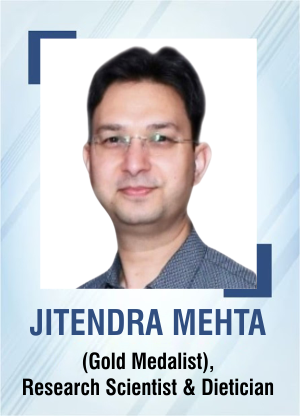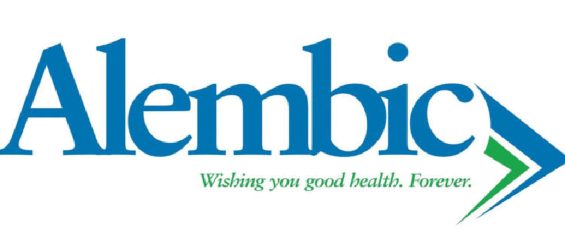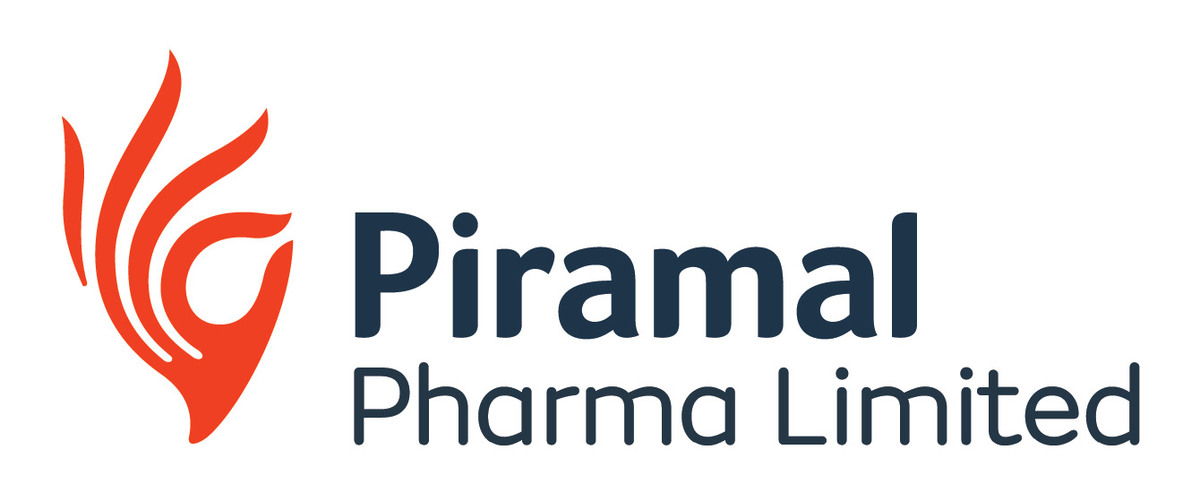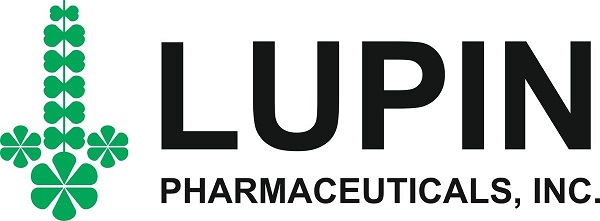M.Sc Nutrition & Dietetics 2024
Overview
An M.Sc in Nutrition & Dietetics is a postgraduate degree program that focuses on advanced study of nutrition science, human metabolism, dietetics, and food science. It is designed to provide students with a deep understanding of the role of nutrition in health promotion, disease prevention, and overall well-being.
Overall, an M.Sc in Nutrition & Dietetics provides students with advanced knowledge, practical skills, and professional training necessary for careers in promoting health and well-being through nutrition and dietetics.
Scope of M.Sc Nutrition & Dietetics
According to US Bureau of Labor Statistics, The employment outlook for computer and information technology occupations is exceptionally promising, with a projected growth rate significantly higher than the average across all occupations from 2022 to 2032. On average, approximately 377,500 job openings are anticipated each year within these fields. This surge is attributed to both the expansion of employment opportunities and the imperative to fill positions vacated by workers departing these occupations permanently. The robust projection underscores the ongoing demand for skilled professionals in the computer and information technology sectors over the next decade.
Department
at a Glance
- Specialized Curriculum
- Experienced Faculty
- State-of-the-Art Facilities
- Practical Training and Internships
- Research and Innovation
- Professional Development Opportunities
- Community Engagement and Outreach
- Networking and Career Support
Exclusive
Labs
- Microsoft Innovation Center
- Microsoft - Global Technical Support Center (GTSC)
- IBM Software Lab For Emerging Technologies
- Oracle Academy Lab
- Unisys Innovation Labs
Your Department in a Nutshell
- Achievements
- Patents
- Research
- Expert Sessions
- Activities
- Labs
Eligibility & Fee Details
For Indian Students : B.Sc. with Physics, Chemistry, Math/ Biology /Bioscience /Lifescience /Medical & Allied Science or Equivalent.
Course Fee | |
|---|---|
Admission Fee (one time) | 5000/- (at the time of admission) |
Tuition Fee | 18000/- Per Semester |
Examination Fee | 3000/- Per Semester |
Development Fee | 2000/- Per Semester |
Caution Fee (one time) | 3000/- (Refundable) |
Scholarship Criteria
Based on performance in qualifying exam
| % in Qualifying Class [1] | Scholarship on Tuition Fees | |
|---|---|---|
| Above 90% | 20% | |
| 85% – 89.99% | 10% | |
| 75% – 84.99% | 5% | |
- Early Admission Benefits Upto Rs. 3000/- Admission Taken Before 15th July 2024
- Scholarship in Tuition fee (for all 4 semesters): up to 20% based on academic performance.
Why Join M.Sc Nutrition & Dietetics?
Joining an M.Sc in Nutrition & Dietetics program offers numerous benefits for individuals passionate about health, nutrition, and promoting well-being through diet. Here are some compelling reasons to consider pursuing this degree:
- Advanced Knowledge and Expertise: An M.Sc in Nutrition & Dietetics provides advanced education and specialized training in the field of nutrition science and dietetics. Through rigorous coursework and hands-on experiences, you'll gain in-depth knowledge of human nutrition, metabolism, food science, and the role of nutrition in preventing and managing various health conditions.
- Career Opportunities: Graduates of M.Sc programs in Nutrition & Dietetics are well-equipped to pursue a wide range of rewarding career paths in both clinical and community settings. Career opportunities may include roles as clinical dietitians, nutrition counselors, community nutritionists, research scientists, educators, consultants, and public health professionals.
- Impactful Work: By helping individuals and communities make healthier dietary choices, you'll have the opportunity to make a meaningful impact on people's lives and well-being. Whether you're working with patients in a clinical setting, designing nutrition programs for communities, or conducting research to advance the field, your work can contribute to better health outcomes and improved quality of life.
- Diverse Specialization Options: M.Sc programs in Nutrition & Dietetics often offer opportunities for specialization in areas such as clinical nutrition, community nutrition, sports nutrition, pediatric nutrition, geriatric nutrition, and food science. You can tailor your studies to align with your interests and career goals, allowing you to pursue a career path that resonates with you.
- Evidence-Based Practice: The curriculum of M.Sc programs emphasizes evidence-based practice, providing you with the knowledge and skills to critically evaluate scientific research, translate evidence into practice, and make informed decisions about nutrition care and interventions. You'll learn how to assess individual nutritional needs, develop personalized dietary plans, and monitor progress effectively.
What makes Department
of M.Sc Nutrition & Dietetics unique?
The Department of M.Sc Nutrition & Dietetics stands out due to several unique features that distinguish it from other academic departments. Here are some factors that contribute to its uniqueness:
Placements
Package Availed
Package




Recruiters Tie Up's








Our Students Speak

Q.C. Department, Pharvinex pvt Ltd

Medical Division

Company: Alembic Pharmaceutical Ltd, Vadodara, GujaratO
How to Apply
Steps to Follow
Frequently Asked Questions
M.Sc Nutrition & Dietetics at Career Point University
The M.Sc in Nutrition & Dietetics program at Career Point University typically has a duration of two years, divided into multiple semesters.
Eligibility criteria may include possessing a bachelor’s degree in a relevant field such as nutrition, dietetics, food science, or related disciplines, from a recognized university or institution, with a minimum percentage or grade. Specific requirements may vary, so it’s essential to check the university’s official website for detailed eligibility criteria.
The curriculum covers a wide range of subjects relevant to nutrition and dietetics, including advanced nutrition science, dietetics principles, clinical nutrition, community nutrition, food science, research methods, and professional practice. The curriculum is designed to provide students with a comprehensive understanding of nutrition and its applications in various settings.
Career Point University may offer internship or practical training opportunities as part of the M.Sc Nutrition & Dietetics program. These experiences allow students to gain hands-on experience in clinical, community, or research settings, under the supervision of faculty members or experienced practitioners.
Graduates of the M.Sc in Nutrition & Dietetics program can pursue various career paths in clinical practice, community nutrition, research, education, food industry, public health, and consultancy. Career opportunities may include roles as clinical dietitians, nutrition counselors, community nutritionists, research scientists, educators, consultants, and public health professionals.
Career Point University may offer placement assistance to its M.Sc Nutrition & Dietetics graduates. This may include career counseling, resume building workshops, job placement assistance, and connections to internship and job opportunities in the field of nutrition and dietetics.
Accreditation status may vary depending on the university. Accreditation ensures that the program meets certain standards of quality and excellence. It’s essential to verify the accreditation status of the M.Sc Nutrition & Dietetics program at Career Point University.






